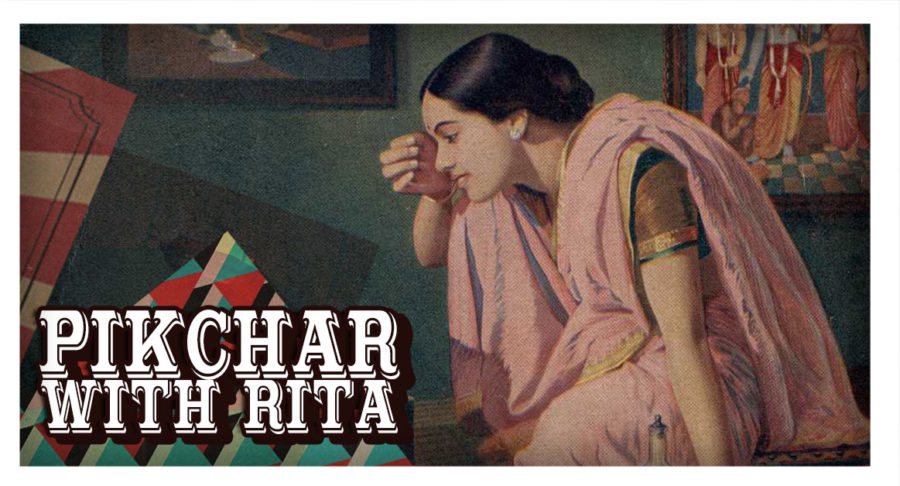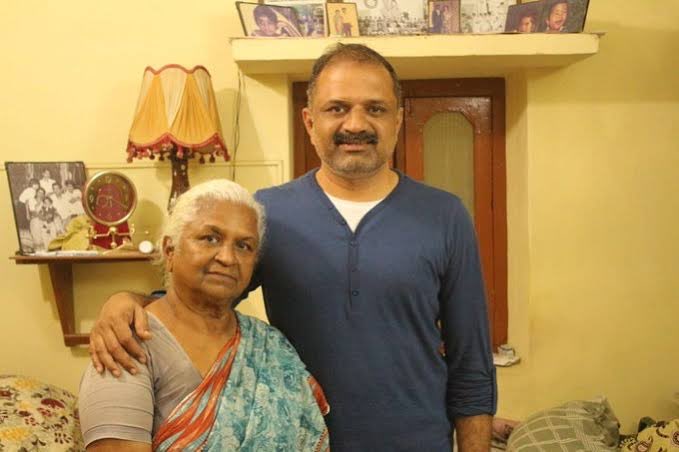In V Shantaram’s 1937 directorial Duniya Na Mane, Nirmala (played by Santa Apte) is a rebellious wife and daughter-in-law. She refuses to go to her husband’s room and serve him tea or milk. In fact, she refuses to see his face. When her mother-in-law gives her milk to serve to her husband, Nirmala drinks it up and asks for more.
This unpleasantness is Nirmala’s politics, her mode of documenting injustice. The word insaaf (justice) is important to her. It helps her contain anger, use it where it is needed. But sometimes, what goes outside also leaves a seed inside, and Nirmala wonders if she has turned into a selfish and awful person. She rests her head against the photographs of her dead parents, and listens to a song of a street singer in the background:
Man saaf tera hai ya nahin, puch le jee se, phir jo kuch bhi karna hai tu kar khushi se, ghabra na kissi se (Ask yourself if your heart is pure, then be happy and fearless in doing you have set your heart on)
The song has another line that sharply captures the injustice meted out to Nirmala.
Sharbat ke dhokhe tujhe zehar pilaye (You were served poison in the name of sherbet).
In the film, when Kakasaheb comes to see Nirmala, a young orphan who stays with her uncle and aunt, before their marriage, he is accompanied by a young man. Nirmala is made to believe that the young man is her prospective husband. Nirmala however, is married off to the widower Kakasaheb, who is old enough to be her father.
Nirmala refuses to accept this as fate. She drives out the uncle who deceitfully married her off. There’s no gratitude from an orphan girl towards her uncle. It was injustice.
Notably, this unusually feisty woman appeared on screen almost a hundred years ago.
From our vantage point, mismatched marriages between old husbands and young wives may appear archaic. Marrying off young girls to old men is the theme of reformist writing and cinema of the early 20th century, and has been addressed by writers like Munshi Premchand, KM Munshi, and Narayan Hari Apte. Almost 10 years after Premchand’s Nirmala, another Nirmala appeared simultaneously in the Marathi film Kunku and Hindi film Duniya Na Mane, both based on Apte’s Na Patnari Goshta.
This Nirmala does not suffer in silence, but retains a strong sense of self. Her tough questions make her husband realise that he has been unfair to her. He tells her that she no longer has a husband and asks her to wipe off the vermillion from her forehead. She refuses to do it. It is one thing to contest injustice but another to fight the fear of ‘sin’ that this action implies for her. Her husband blesses her as a father and gives her his blessings to remarry. He leaves behind a note and goes on to die by suicide.
Recommended
The film does not tell us whether she marries again, but it leaves us with an intricate end that is neither fully accomplished like a modern fulfilment, nor one that retreats entirely into tradition. It is an unbelievable story, one that the world would find it difficult to believe.
Duniya Na Mane may mean the world may not believe or may not be persuaded, or it may even follow an expression- hum to karenge, duniya mane ya na mane.
In the context of this film, these words acquire a sudden significance with multiple meanings towards the end. Meanwhile, Nirmala’s voice as she sings Hindi cinema’s first English song, based on Longfellow’s poem, stays with us:
Lives of great men all remind us
We can make our lives sublime
And, departing, leave behind us
Footprints on the sands of time.



